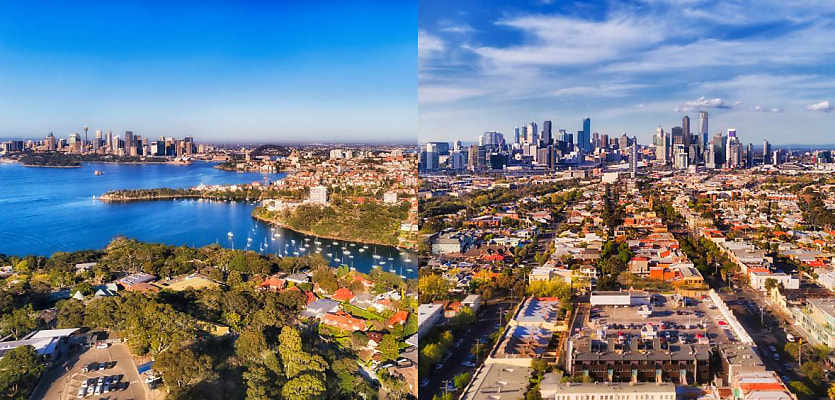Interest rate rises have caused yields to plummet for office, industrial and retail assets – but will steady lending activity be enough to see the sector through?
A recent report by KPMG has revealed that Australia’s commercial sector experienced a mass decrease in asset value and rental yields over 2023.
According to KPMG, the nation’s economy “is now showing clear signs of slowing”, with GDP growing just 0.2 per cent over Q3 2023, and a mere 2.1 per cent over the course of the year.
Without the strong migration levels Australia experienced last year – 630,000 new arrivals in total – KPMG argued that the economy’s “tepid growth would have been even lower”, with the boost in consumption and investment activity from overseas migrants narrowly saving the country from stagnation.
The office sector was the worst affected by high interest rates, with low-grade office towers most at risk. The Brisbane office lease market continued to perform robustly, but demand from tenants in Sydney and Melbourne was weak.
Demand was particularly weak for lower-grade offices, as tenants took advantage of the softening market conditions to take out leases on higher-grade buildings. Ongoing work-from-home trends also continued to reduce demand for offices, causing tenants to reconsider space requirements.
Retail performance also deteriorated in 2023, with smaller regional shopping centres copping the worst hit. Total average returns for secondary retail properties fell below zero, though major shopping centres in prime locations managed to sustain positive returns.
Overall, while retail performance differs significantly between subsectors and locations, KPMG concluded that “the retail sector is fickle and challenging” on the whole.
The picture is more promising for industrial property, but although demand for both leasing and investment remains “virtually insatiable”, industrial sector investment activity became more selective in 2023.
Challenging macroeconomic conditions and rising geopolitical uncertainty have driven investors to be more cautious about purchases, but demand across the country remains high, especially in NSW and Victoria where vacancies are below 1 per cent.
Although asset valuations are dropping across the commercial market, KPMG noted that strong building and lending activity may be the sector’s saving grace.
Over 2023, non-residential building work increased by 14 per cent as the construction sector caught up on a backlog of stalled projects, and a 35 per cent uptake in building approvals suggests that the pipeline is strong.
Finance lenders are also maintaining support for commercial property investors, albeit with tighter lending criteria.
Lenders are moving away from office assets, and industrial properties are viewed as safer investments instead.
“These factors suggest the sector might be resilient to withstand the pressure of the weakening economy over the coming quarters,” KPMG concluded.

Never miss a beat with
Stay across what’s happening in the Australian commercial property market by signing up to receive industry-specific news and policy alerts, agency updates, and insights from reb.
Subscribe to reb Commercial:







You are not authorised to post comments.
Comments will undergo moderation before they get published.